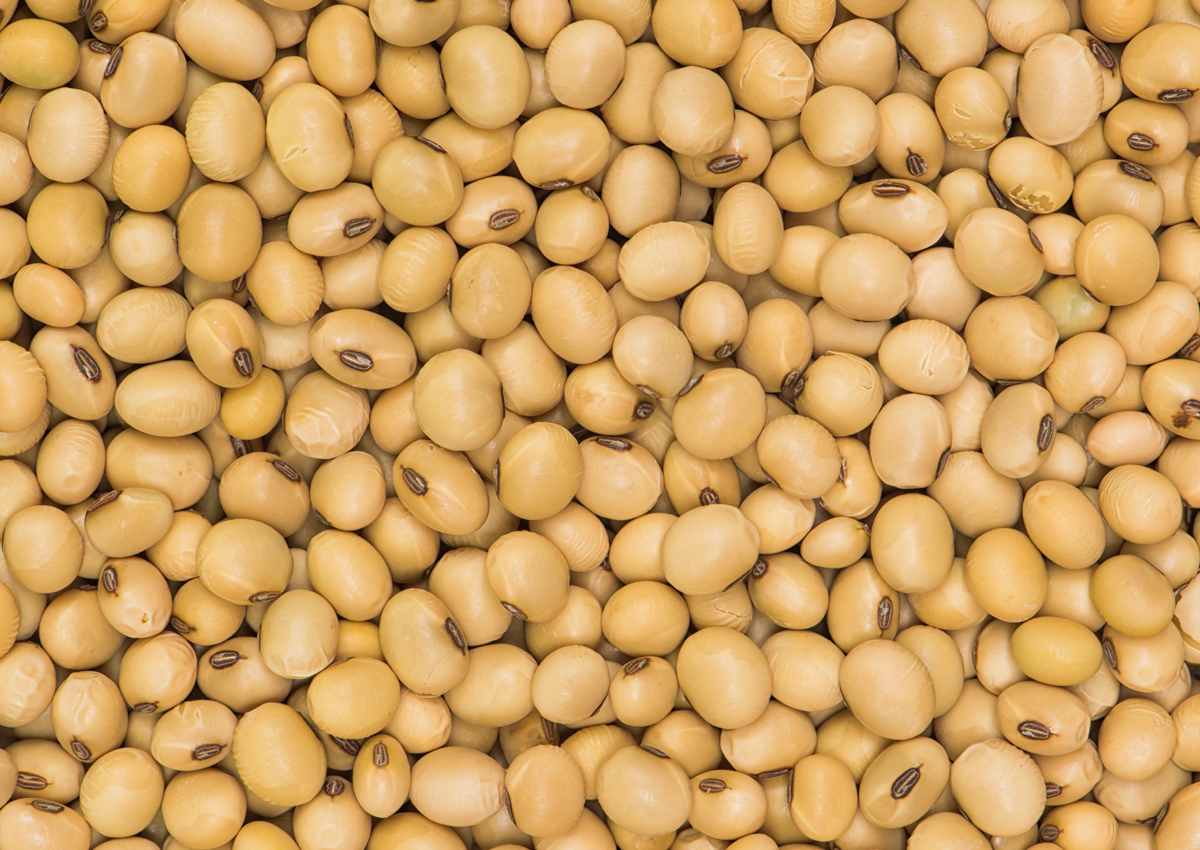
Biotech Soybeans Now Cover 50% of the World's Biotech Crop Area
October 30, 2019| |
The four major biotech crops — soybeans, maize, cotton, and canola — were the most adopted biotech crops by 26 countries in 2018, according to the ISAAA report, Global Status of Commercialized Biotech/GM Crops in 2018. Soybeans lead at 95.9 million hectares, followed by maize (58.9 million hectares), cotton (24.9 million), and canola (10.1 million hectares). Based on the FAO global area for these crops, 78% of soybeans, 76% of cotton, 30% of maize, and 29% of canola were biotech crops in 2018.
Other biotech crops planted in 2018 include sugar beets, alfalfa, papaya, squash, potatoes, apples, sugarcane, and eggplant.
To learn more about biotech crops planted in 2018, download and read the Biotech Crop Annual Updates for soybeans, maize, cotton, canola, and alfalfa.
| |
You might also like:
- Biotech Crops Continue to Help Meet the Challenges of Increased Population and Climate Change
- Biotech Crop Area Reaches 2.5 Billion Hectares in 23 Years
- Millions of Farmers Worry-free Due to Biotech Benefits
Biotech Updates is a weekly newsletter of ISAAA, a not-for-profit organization. It is distributed for free to over 22,000 subscribers worldwide to inform them about the key developments in biosciences, especially in biotechnology. Your support will help us in our mission to feed the world with knowledge. You can help by donating as little as $10.
-
See more articles:
-
News from Around the World
- 'Oppressively burdensome' Gov't Regulations Impede Longed-for Approval of Golden Rice
- Biotech Soybeans Now Cover 50% of the World's Biotech Crop Area
- Niger Parliament Approves National Biosafety Law
- International Research Team Traces Family Tree of More than 1,100 Green Plants Over 1 Billion Years
- Scientists 'Vaccinate' Plant to Boost Defense Against Pest
- Young NZ Scientists Appeal for Overhaul of GM Research Regulations
- Study Finds Organic Farming is Worse for Climate Change
-
Research Highlights
- Interplay between miR156/SPL13 and DFR/WD40–1 Affects Drought Tolerance in Alfalfa
- Developing Ozone Tolerance in Tomato Might Interfere with Plant Disease Management
-
Plant
- CRISPR-Cas9 Used to Reduce Seed Dormancy in Rice
- Harvard, MIT Experts Develop New Gene Editing Technology
-
Read the latest: - Biotech Updates (February 18, 2026)
- Gene Editing Supplement (January 28, 2026)
- Gene Drive Supplement (February 22, 2023)
-
Subscribe to BU: - Share
- Tweet

